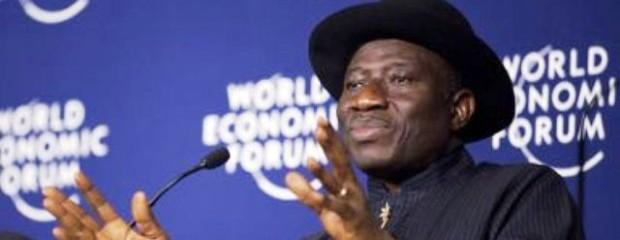Africa tops the best food in the world league – By Richard Dowden

 If you said the words “Africa” and “food” and asked most people in the western world what the connection was, I would bet my Sunday lunch that many people would say: “None. They don’t have any. They’re all starving.”
If you said the words “Africa” and “food” and asked most people in the western world what the connection was, I would bet my Sunday lunch that many people would say: “None. They don’t have any. They’re all starving.”
So the news in The Lancet this week that Africans have the best diets in the world is wonderful and spectacularly ironic. According to the researchers, out of the top ten best national diets in the world only one is not African, Israel. And not a single African country is in the bottom ten. However, there are four European countries at the bottom of the table. Is there any other development in the world where Africans sweep the board? A few years ago Africans were reported to be the most contented and optimistic people in the world. I hope that is still true.
Top of the healthy eating league table was Chad, a country often associated with drought, followed by Sierra Leone, Mali, Gambia, Uganda, Ghana, Ivory Coast, Senegal and Somalia. I can remember seeing starving people, children with Kwashiokor and distended bellies in four of them but in each case the cause was war. Drought can impoverish and force people to move but very rarely does it directly kill.
The research has been carried out for The Lancet Global Health journal by researchers using national data from almost 90 per cent of the world’s population. They analysed people’s diets between 1990 and 2010 by taking 17 food groups, including healthy ones: fruit and veg and fish as well as junk food (saturated fats and processed meat). Then they questioned people about which of these they ate and how much.
Chad, a country often associated with drought, comes top, followed by Sierra Leone, Mali, Gambia, Uganda, Ghana, Ivory Coast, Senegal and Somalia. They are a mix of countries with large dryland areas and others with heavy rainfall and fruit-rich rainforests.
In arid Somalia for example the people traditionally drink lots of camel’s milk which is very low in fat and good for you. But they also breakfast on flash-fried, almost-raw liver. Yes I’ve tried it. Yuk!
I once watched a camel being slaughtered for lunch. A man simply lopped its head off with an axe and then chopped it up with a machete. It was then cooked and we sat around the carcass eating lumps of meat with our fingers although it was so tough as to be almost inedible. Strangely the staple diet of many Somalis these days is spaghetti. And they eat it in the way I always wanted to but was never allowed to as a child – with fingers from a communal bowl, head back, open mouth and sucking and slurping the tails.
The cuisine I know best is Ugandan where, in the south, the word Matooke – banana – means food. They say if a Muganda has not eaten Matooke, he or she has not eaten. Twice a day they tuck into mashed banana steamed in banana leaves. It is usually eaten with groundnut sauce. Delicious.
There is also an array of Ugandan green vegetables and fruits that just fall out of uncultivated trees. No wonder some inhabitants have a reputation for being laid back, even lazy?
But Ugandans too have peculiar dietary habits. I was teaching a class in school one hot, sleepy afternoon when one of the pupils suddenly shouted and pointed out of the window. Millions of flying grasshoppers, Ensennene, had arrived and swarmed around the school. The class emptied despite my shouts of “Sit down! Stay here!” But I noticed that most of the students were carrying plastic bags. They knew this was the time of year when grasshoppers would hatch and swarm. They were on their hands and knees in no time chasing the clumsy hoppers and flyers and, tearing off their legs and wings to pop them into the plastic bags to be deep fried for dinner.
The Baganda also eat flying ants and some of the students persuaded me that these were best eaten live straight from the anthill. They took me to a nearby termite mound and hacked into it, picking out the grubs and carefully proffering them to me. I had seen deep fried ant grubs in the market but to this day I am not sure whether the raw ones really are a delicacy or just another opportunity to make a fool of a gullible white man. Once you got over the wriggling sensation on your tongue they didn’t taste too bad.
I noticed that Nigeria is not there in the top ten. No surprise there! Anyone who can drink Nigerian Egusi pepper soup must have a mouth made of cast iron. Ben Okri once took me to dinner at his favourite restaurant and insisted that I drink the soup – “the best Egusi in London,” he said. I agreed but a minute after I took the first sip I was in the toilet mopping the tears streaming from my eyes. My mouth took days to recover. Did you bribe the cook to leave the top off the pepper pot Ben?
Let’s look forward to hearing someone say not that they have dined like a king but they have dined like an African. I look forward to seeing the courses in African cuisine and more African cookbooks lining the bookshop shelves.
Richard Dowden is Director of the Royal African Society.




